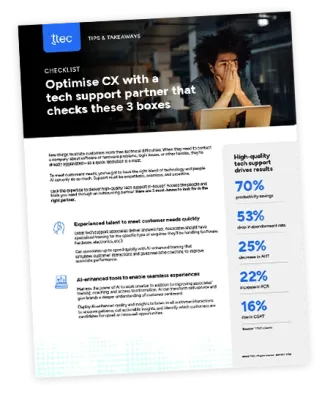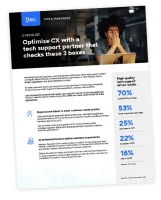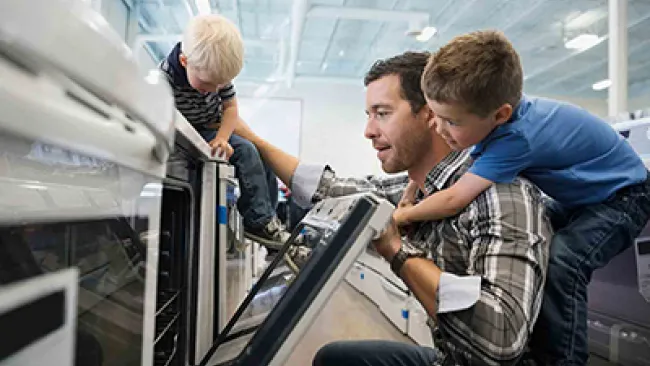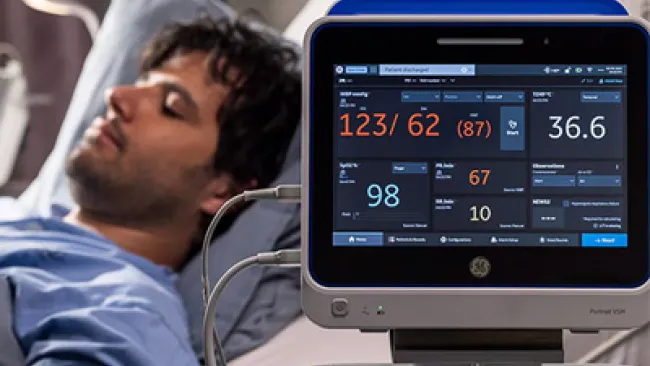After more than two years of lockdowns and social distancing, consumers are once again taking to the skies, roads, rails, and sea to make up for lost time. Excellent customer support is a critical part of travel and hospitality.
But travel and hospitality organisations face labour shortages, rising costs, and surging demand for immediate and frictionless experiences. While there is no simple solution to overcoming these challenges, adhering to proven customer and employee experience best practices will go a long way in providing travelers with the customer support they crave.
1. Onboard new hires efficiently and effectively
As many as 30% of new employees leave within the first 90 days of their employment or sooner, according to recruiting platform Jobvite. It’s essential that travel and hospitality companies engage their employees starting from day one. That includes providing a robust onboarding program that helps employees feel excited and prepared to be part of the organisation.
An experienced partner can help create an onboarding program that is accessible, repeatable, and customisable for each role, whether the job is in-person or remote. At TTEC, contact centre associates participate in mock calls and comprehensive exercises with fellow associates and AI-powered bots that allow them to work on both their soft and technical skills. This builds their confidence and ensures that they’re prepared for the job on day one.
2. Be traveler-centric
It’s critical that companies plan their customer support around traveler needs and preferences. For instance, the Australian Domestic Holidays Survey 2022, conducted by online financial broker Savvy, found that 77% of respondents were likely to travel in this year, despite new COVID-19 variants. Long road trips are popular, with 86% of travelers aspiring to be on the road for multiple weeks or months, according to van-sharing platform Campify.
Travel companies supporting travelers in Australia should ensure that associates are trained and equipped with information to help drivers, especially long-distance drivers. Ensure that knowledge management articles contain up-to-date automotive tips and other relevant advice so that associates can quickly assist customers.
3. Increase savings with automation
When executed correctly, automation can maximise employees’ capabilities and reduce costs. For example, TTEC discovered that a major hospitality company’s system for reviewing potentially fraudulent transactions was largely manual and rife with inefficiencies. Using their Proactive Solutions training, TTEC teammates simplified the client’s process using robotic process automation (RPA) to help validate, trace, and countercheck the claims more effectively and efficiently.
The RPA bot performs manual tasks, such as flagging activities and providing query results, allowing associates to focus on analysis and decision making. The optimised fraud detection process was 74% faster, reduced average handle time 42%, and delivered $413,000 in net annual savings. And during our five-year partnership, TTEC saved the client $17 million via proactive initiatives.
4. Retain talented employees
There is no guaranteed method for retaining employees, but there are a number of building blocks that can fortify a travel and hospitality company’s retention rates. Those building blocks include providing managers with adequate training and tools to maintain smooth-running teams, investing in continuous learning and coaching for associates and team leads, offering career opportunities, and providing flexible work environments. Together, these efforts can create a fulfilling and engaging environment that combats employee attrition.
5. Reduce customer effort
A vast majority (96%) of customers with a high-effort service interaction become more disloyal compared to just 9% who have a low-effort experience, according to Gartner research. Especially in the hypercompetitive travel and hospitality space, identifying opportunities to reduce customer effort and improve the experience is key.
For example, a major airline company’s FAQ section had incomplete or missing information that prevented customers from finding the answers that they needed. This led to a high volume of unnecessary calls to the contact centre that was increasing costs and wait times. We proactively proposed updating the FAQ page and aligning the articles with knowledge base articles so that they remained current. These improvements reduced call volume for Tier 1 calls by 69% and provided $24,000 in annual cost savings.
The way to a traveler’s heart starts with customer support
Travelers are more than ready to reconnect with friends and family and embark on new adventures. Travel and the demand for skilled labour will continue to be a challenge going into 2023 and beyond. It’s important that companies plan for upcoming demands and learn from the opportunities that arise. Equipping employees with what they need—effective onboarding and training, robust tools, and a flexible work environment—will keep customers coming back as the travel and hospitality industry continues to gain steam.
















